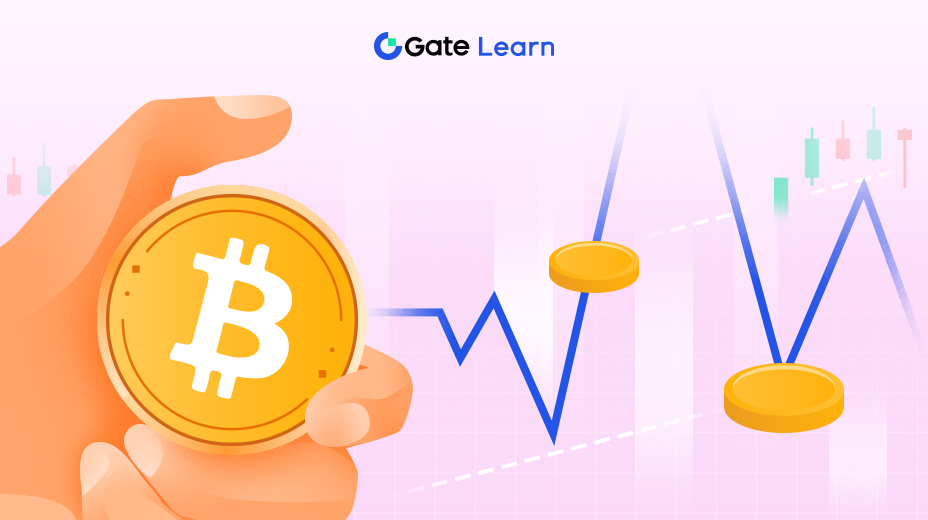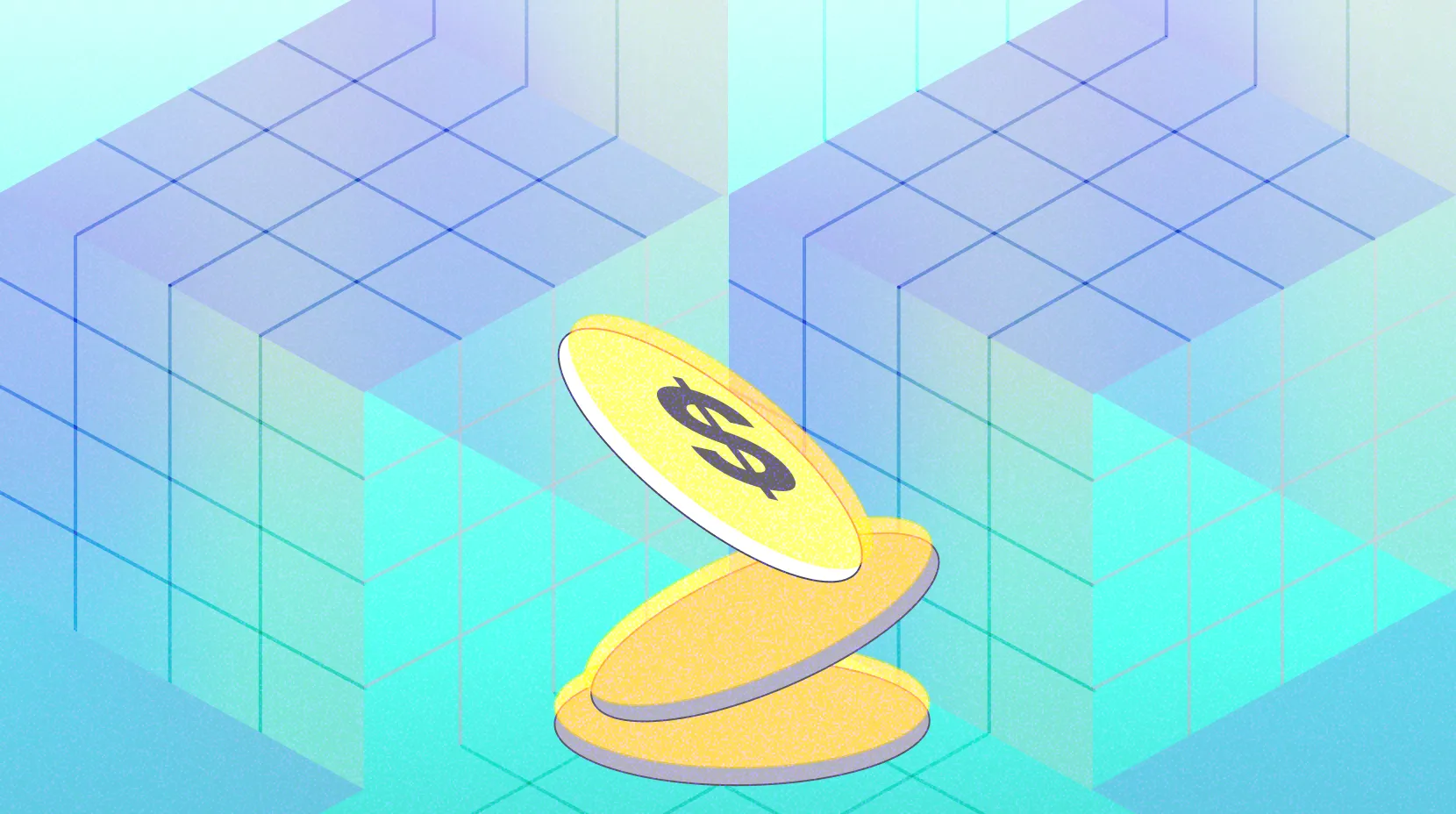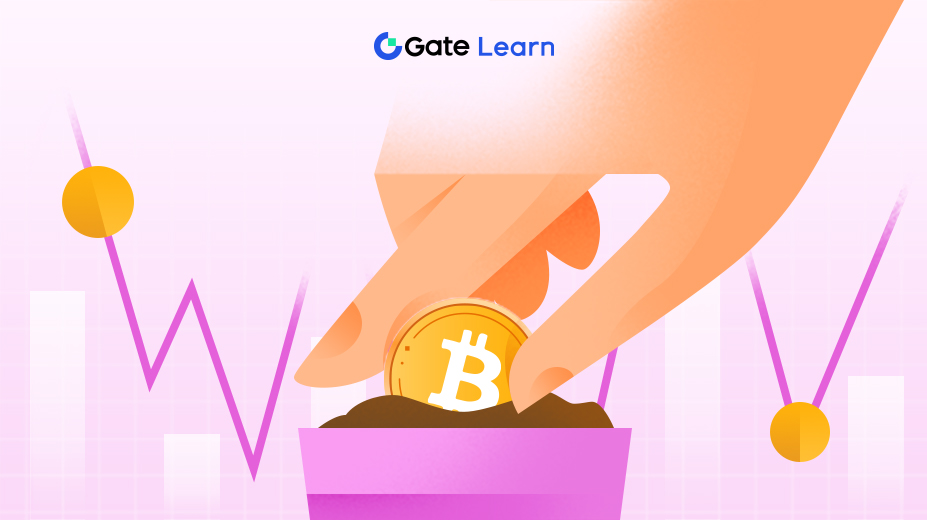主要なMemecoin取引プラットフォーム
このモジュールは、メームコインの発売や取引に最も広く利用されている2つのプラットフォーム、Pump.funとRaydiumに焦点を当てています。それぞれがSolanaエコシステムで異なる役割を果たしており、Pump.funは迅速なトークンの作成を可能にし、Raydiumは高速な分散取引をサポートしています。これらのプラットフォームがどのように機能し、どのようなリスクと機会を提供し、どのトークンが成功事例または警戒すべき事例として登場しているかを示すことが目標です。これらのプラットフォームがどのように運営されているかを理解することは、受動的な投資を超えてメームコインに参加しようとする人にとって不可欠です。
Gate パイロット

Gate Pilotは、Gate.comの専用のローンチおよび取引プラットフォームであり、構造化された安全なキャンペーンを通じてmemecoinsなどの早期トークンをサポートしています。これにより、ユーザーは初期リスティングイベントや取引競技を通じて新しいトークンのローンチに参加し、有望な資産への割引価格または早期アクセスを提供します。分散型取引所で直接取引するのとは異なり、Gate Pilotは中央集権化されたリスク軽減環境を提供し、フェイク契約、フロントランニングボット、流動性詐欺などの一般的なリスクへの露出を低減します。

プラットフォームは定期的に、広範囲な市場で人気を博している新興メームコインを特集しています。例えば、WENやDOGEMOBなどのトークンは、暗号コミュニティで注目を集めた直後にGate Pilotで導入され、Gate.comの流動性とオーダーブックインフラストラクチャーから恩恵を受けつつ、ユーザーが早期に露出を得ることができます。これらのリストは、しばしばトレーディングインセンティブ(リワードプールやエアドロップなど)が付いており、市場の推測を超えた上昇余地を提供しつつ、参加を促進しています。
Gate PilotはGate.comインタフェースに直接統合されており、トークンの売買、スポット取引、ポートフォリオの追跡の間をシームレスに移動できます。ユーザーは資金を投入する前に、プロジェクトの詳細、トークノミクス、ベスティングスケジュール、キャンペーンのタイムラインにアクセスできます。各トークンの発売には明確な文書と、特定のGateトークンを保有するか、身元確認の基準を満たすことが求められます。この構造は操作を制限し、ユーザーベース全体に公平なアクセスを確保します。
memecoinトレーダー向け、Gate Pilotは新しいトークンと関わりながら、リスキーな分散型プラットフォームへの依存を軽減する機会を提供します。新しいアセットのためのフィルターレイヤーとして機能し、ラグプルやハニーポットなどの一般的な詐欺メカニズムへの露出を軽減します。memecoinセグメントが急速に進化する中、Gate Pilotは新しいトークンを発見し取引するための構造化された方法を提供し、早期アクセスと中央集権取引所レベルの保護を組み合わせています。
Pump.fun

Pump.funは、Solanaブロックチェーン上で運営されている仮想通貨のローンチパッドで、ユーザーが前例のない簡単さとスピードでトークンを作成および取引できるよう設計されています。このプラットフォームは、2024年1月に起業家ノア・トウィーデイル、アロン・コーエン、ディラン・カーラーによって設立され、メームコイン取引のためのより安全で標準化された環境を提供することを目的としており、暗号コミュニティを悩ませていた「ラグプル」などの一般的な問題に対処しています。
プラットフォームのアーキテクチャは、Solanaの高スループットと低トランザクションコストを活用しており、ユーザーは手数料を支払うことなく1分未満でトークンを生成することができます。この効率性により、トークンの作成が民主化され、市場に参入するmemecoinの数が急増しています。
Pump.funでトークンを作成するプロセスは簡単です。ユーザーはSolana互換ウォレットをプラットフォームに接続し、名前、シンボル、供給などの希望するトークンパラメータを入力し、作成プロセスを開始します。プラットフォームは需要に応じてトークン価格が調整されるボンディングカーブ価格メカニズムを採用しており、作成後すぐに取引が可能となります。
プラットフォームはトークンの作成と取引を簡素化する一方、リスクも導入しています。トークンの簡単な立ち上げは、正当性を欠いている可能性があるプロジェクトの流入につながっています。投資する前にトークノミクス、開発者の信頼性、コミュニティの関与などを徹底的に調査することをユーザーに推奨します。Bullx Neo、GMGN、AXIOM Tradeなどのツールを活用することで、セキュリティを強化し、潜在的な詐欺を緩和するのに役立ちます。
このプラットフォームはいくつかの注目すべき通貨の発祥地となっています。たとえば、Michi(MICHI)、Billy(BILLY)、FWOG(FWOG)などのトークンが大きな注目を集め、そのプラットフォームのミームコインエコシステムへの影響を反映しています。
Raydium

Raydiumは、Solanaブロックチェーン上に構築された分散型取引所(DEX)で、ユーザーに迅速かつ効率的なトークンスワップ、流動性提供、収穫農業への参加のプラットフォームを提供しています。従来の自動化された市場メーカー(AMM)とは異なり、RaydiumはSerumの中央リミットオーダーブックに統合されており、ユーザーに共有流動性へのアクセスとより効率的な取引を可能にしています。
2021年2月にローンチされ、RaydiumはSolanaのDeFiエコシステムにおいて中心的なプレイヤーとして位置づけられ、幅広い取引活動を促進し、急成長しているmemecoin市場をサポートしています。
Raydiumは、ユーザーがAMMを介してトークンを取引したり、Serumのオーダーブックと直接やり取りしたりすることによって運営されています。ユーザーはプールに流動性を提供し、取引手数料の一部を稼ぐこともでき、収益を増やすために収穫ファーミングの機会に参加することもできます。プラットフォームのSerumとの統合により、通常のAMMにはあまり見られないリミットオーダーを可能にし、トレーダーに取引に対する柔軟性とコントロールを提供しています。
Raydiumで取引するには、ユーザーはSolana互換ウォレットに接続し、希望する取引ペアを選択し、シームレスに取引を実行します。プラットフォームの使いやすいインターフェースと包括的なドキュメントにより、初心者から経験豊富なトレーダーまでアクセスしやすくなっています。
Raydiumは、Solanaエコシステム内でさまざまなトークンの立ち上げと取引において重要な役割を果たしてきました。Raydiumのトークン発行プラットフォームであるLaunchLabの導入は、柔軟なボンディングカーブやマルチトークンサポートなどの強化機能を提供することで、Pump.funのようなプラットフォームと競合しようとする、重要な進展を示しています。この取り組みにより、RaydiumのネイティブトークンであるRAYの価格が著しく上昇し、市場からは好意的な受け入れが示されました。
ハイライト
- Pump.funは、コーディングが必要なく、1分未満で誰でもSolana上でトークンを発行できるようにします。
- Raydiumは、効率的な取引と流動性のためにAMM機能とオーダーブックモデルを組み合わせています。
- Pump.funはボンディングカーブモデルを使用し、トークンが69,000ドルの時価総額に達した後に流動性をロックします。
- RaydiumのLaunchLabは、新しいトークンの可視性を高め、RAYの価格を28%押し上げました。
- FWOG、MICHI、およびTRUMPなどの注目すべきトークンは、これらのプラットフォームで大々的にローンチされたり取引されたりしました。





